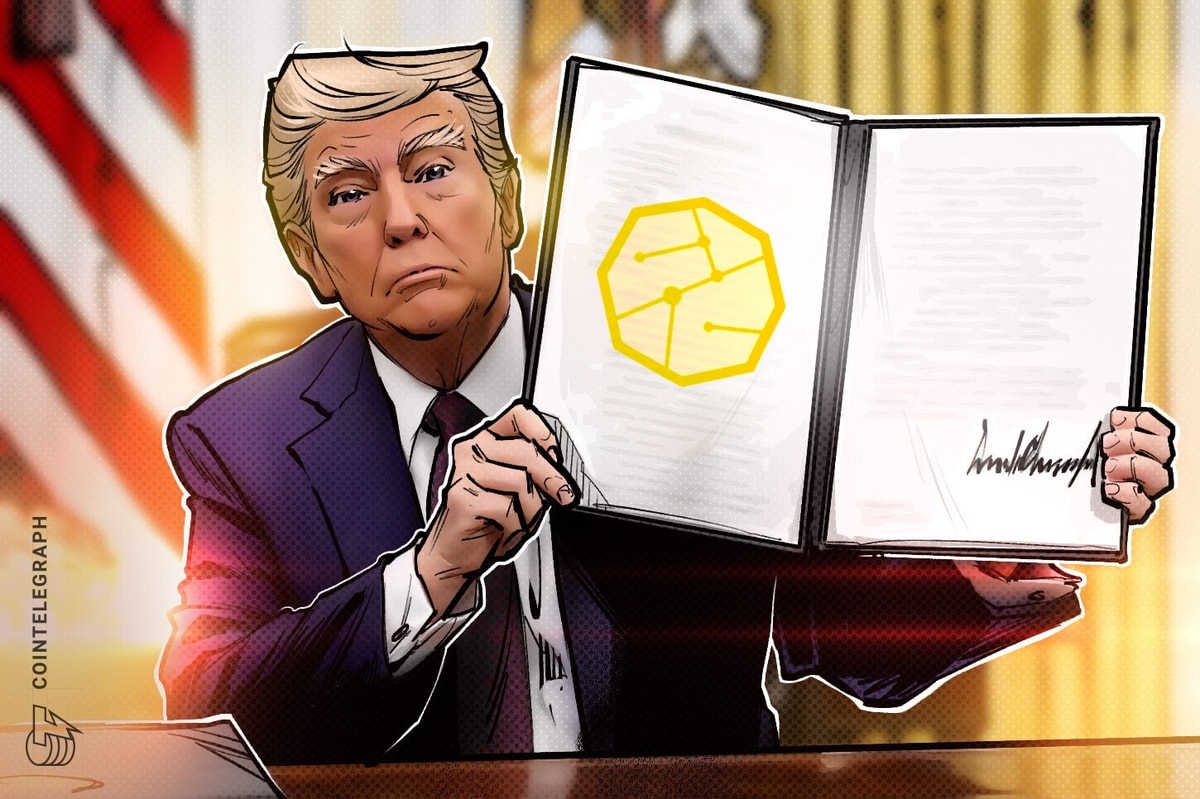Almost all advice on how to become an expert is filled with junk information. It often offers flimsy and unsubstantiated tips on how to gain expertise with minimal effort. But it crosses over from bad to dangerous when it gives their audience the illusion that they can accomplish great things both easily and quickly.
Here are some of the most ludicrous claims:
- 10,000 hours doing anything makes you an expert! Tell that to the person shoveling manure in a cow barn.
- Once you become an expert, you’ll think you know everything! Tell that to the scientist who learns by experimenting daily.
- Experts are always right! Tell that to day traders who ride a volatile stock market.
A true expert is considered an asset in almost all industries. When you are deemed to be an expert, people are more likely to trust your judgment, follow your advice and seek your opinion.
Building your expertise is serious work because it can unlock your full potential in your career and income. There are many legitimate and effective ways to become an expert and avoid hack advice. These methods are effective regardless of the field in which you want to develop expertise. Let’s take a look:
1. Start with genuine interest
If you’re not genuinely interested in a field or subject that excites you, you’ll give up when the going gets tough. Your desire to become an expert had better have roots deeper than the desire for a bigger paycheck.
What is interest, anyway? Paul Silvia, University of North Carolina, describes interest as an “approach urge” that pulls us toward the new, the edgy, the unexplored. It’s a predisposition to engage in the same areas of interest or activities over time.
Our proclivity toward these areas helps us narrow our focus, so we pay more attention to them. When we are interested in something, we turbocharge our thinking and become more motivated and energized in learning more about it.
If we have a genuine interest, we’re naturally curious. We have an intrinsic drive for information, and the more vested we are in the topic, the more curious we become. This is important because curiosity fuels the motivation and perseverance required for long hours of study and practice to become an expert.
My tip: You don’t need the perfect career to pursue a genuine interest. Identify aspects of your job that resonate most deeply with you. If you can’t find any, consider a move within your company or pursuing a career that does provide you with those opportunities.
2. Embrace the suck
There are countless mass-produced self-help books and generic tips on social media about how to make self-improvement easy. Those of us who have moved beyond second grade understand that learning is only easy if you don’t need to think. Shortcuts can be tempting, but like most things in life, we learn the most when we invest our minds in what we’re doing.
One of the main reasons you can become an expert is that you’re willing to do what other people aren’t willing to do. You’re able to embrace the suck without losing motivation, and that means you can focus on the setbacks as readily as you celebrate the wins.
Life will not automatically become easier on your journey to become an expert, because there will always be a hidden pocket of incompetence for you to discover. Still, your perseverance will propel you beyond mediocrity.
Most of us already know that experience and expertise do not go hand in hand. We can practice a skill for endless hours, but it’s only those who deliberately practice that truly become peak performers.
The term “deliberate practice” was first introduced by Anders Ericsson et al., who found that expertise is not about a certain number of hours practiced. Practice does not make perfect; deliberate practice makes perfect.
Deliberate practice requires intense focus on the activity. It usually follows a pattern: 1) break the process into areas needing improvement, 2) identify your weaknesses, 3) try new strategies for each area, 4) measure your progress and 5) incorporate what you’ve learned into the overall process.
My tip: Deliberate practice won’t be easy or comfortable. If the skill you want to improve is important to you, you’ll stick with it. Be a lifelong learner and keep refining what you’ve learned.
3. Stay focused
As we focus our attention on becoming experts, our brains can only process a limited amount of information — the Reticular Activating System (RAS) acts as a filter for our brain. It decides what information enters our conscious awareness. Without the RAS filter, we would be overstimulated and distracted by environmental noises.
We cannot focus on our goal and pay attention to the activity in front of us at the same time to achieve it. This overstimulates the brain. When we think about our goal, our attention shifts to something that will happen in the future. It pulls focus away from where it needs to be, instead of concentrating on the present moment. This explains why so many golfers miss a putt at the end of the final round or why football players drop the ball inches from the finish line.
They choke because their attention switched from the present to the future. As a result, they lose their focus. Whatever they choose to focus their attention on will make it past the mind’s filtering system.
My tip: Practice mindfulness as a way to discipline yourself to stay present in the moment. When you are engaged in an activity that will sharpen your skill or improve your performance, focus only on that activity. Don’t allow your imagination to transport you to the finish line.
Expertise is not about easy hacks or quick fixes, but about sustained interest, hard work and focused, mindful practice.
Opinions expressed by SmartBrief contributors are their own.
____________________________________
Take advantage of SmartBrief’s FREE email newsletters on leadership and business transformation, among the company’s more than 250 industry-focused newsletters.








